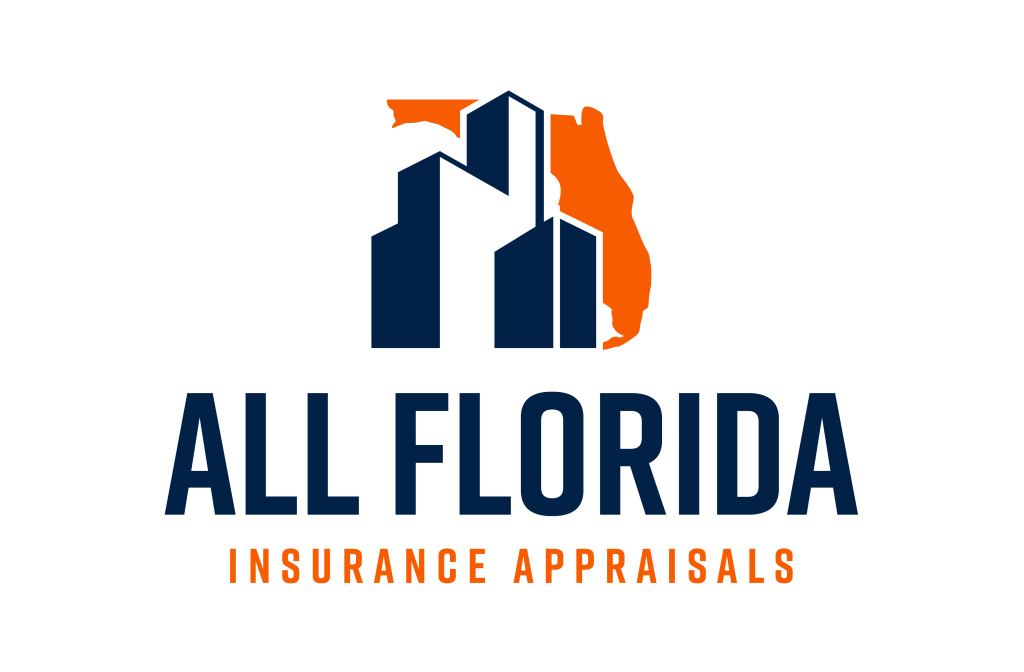When disaster strikes in Florida, whether it’s from a hurricane, flood, or fire, the insurance claims process can become overwhelming. One key component that can make or break the outcome of your settlement is the Florida insurance claim appraisal. This appraisal isn’t just a formality—it’s a detailed assessment that determines how much your insurance company should pay you based on the damage and your policy coverage. Knowing how this process works and who to trust with it can help you protect your property, finances, and peace of mind.
What Is a Florida Insurance Claim Appraisal?
A Florida insurance claim appraisal is a third-party evaluation used to resolve disputes between policyholders and insurance companies when there’s a disagreement about the value of a loss. It’s a process defined in most property insurance policies, often referred to in the “Appraisal Clause,” which allows either party to demand an independent appraisal when they can’t agree on the value of damages.
This is not to be confused with a pre-loss appraisal like a replacement cost valuation. Instead, it focuses specifically on the cost to repair or replace what was damaged, after a covered event has occurred.
When Should You Request an Appraisal?
Many property owners don’t realize they have the right to request a Florida insurance claim appraisal if they feel their insurer has undervalued the damage. Common scenarios include:
-
You receive a settlement offer that seems too low
-
Your insurer denies part of the claim
-
There’s a dispute over the scope of the damage
-
You’ve had repairs estimated at a much higher cost than the insurer’s offer
If any of these apply, invoking the appraisal process could lead to a fairer, faster resolution without going through the courts.
How the Appraisal Process Works
Once an appraisal is requested, each party—both you and your insurer—selects a qualified appraiser. These two appraisers then agree on a neutral third party known as an umpire. If the two appraisers can’t agree on a value, the umpire reviews the evidence and makes a final decision. If two out of the three agree, the value becomes binding.
The process is designed to be more efficient and less adversarial than litigation, and it’s typically much quicker than taking a claim to court.
Choosing the Right Appraiser
One of the most important decisions in the Florida insurance claim appraisal process is selecting the right appraiser. This isn’t just about hiring any contractor or public adjuster. You need a professional who understands Florida’s insurance policies, construction costs, and claim procedures.
Look for an appraiser who offers:
-
Expertise in commercial and residential property loss
-
Familiarity with Florida Building Code and FEMA rules
-
A track record of fair and thorough valuations
-
Clear communication and detailed reporting
Be cautious of anyone promising fast or inflated settlements. A good appraiser will focus on accuracy, documentation, and protecting your rights—not rushing the process.
How Appraisals Affect Your Settlement
The appraisal process can significantly increase the final payout of your insurance claim if the initial offer was unfairly low. For example, if your insurer offers $50,000 for hurricane damage but your appraiser determines it should be $85,000, the final agreed amount may be much higher than what you were initially offered.
It’s important to note that while the appraisal can help with how much should be paid, it does not resolve whether something is covered. That part must be negotiated or resolved separately.
Florida’s Unique Insurance Landscape
Living in Florida means dealing with a high volume of insurance claims due to hurricanes, floods, and tropical storms. That also means stricter guidelines, evolving legislation, and specific challenges like the FEMA 50% Rule, flood zone mapping, and rising construction costs. A qualified appraiser with Florida-specific knowledge is essential to ensure your claim reflects actual local rebuilding expenses—not generic pricing models.
Insurance Appraisal vs. Public Adjuster
While public adjusters represent policyholders during the claims process, appraisers act as independent estimators during formal appraisal disputes. You may use both—a public adjuster to help file and negotiate your claim, and an appraiser if you and the insurer hit an impasse. Some professionals are qualified to handle both roles, but in the appraisal stage, neutrality and expertise in valuation are critical.
A Smarter Way to Resolve Disputes
Instead of entering into long legal battles, many Florida property owners choose appraisal as a cost-effective, efficient way to settle insurance disputes. It’s especially valuable when dealing with commercial properties, HOAs, and large-loss claims where the financial stakes are high and timelines are critical.
If your insurance claim doesn’t reflect the true cost of your damage, or if negotiations have stalled, it’s time to consider a professional appraisal. Don’t let red tape or lowball estimates leave you with out-of-pocket expenses after disaster strikes.
All Florida Insurance Appraisals is a trusted provider of commercial insurance appraisals throughout the state. With extensive experience in Florida insurance claim appraisals, we deliver fair, comprehensive evaluations that help property owners get the coverage they deserve. Whether you’re navigating a recent loss or need an expert appraisal to challenge an insurance offer, we’re here to advocate for your property and peace of mind.












